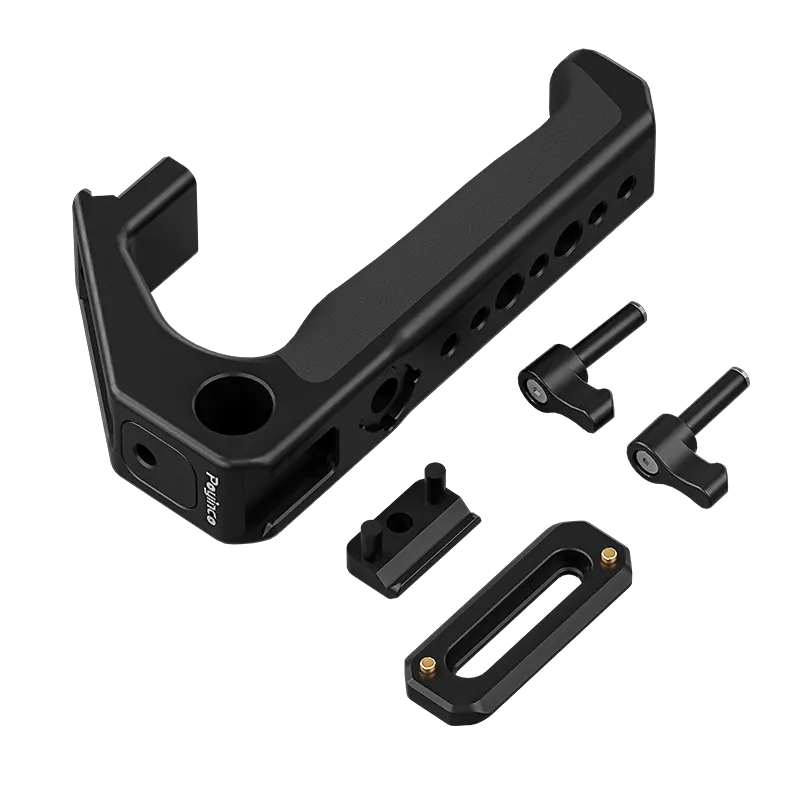

Time:2025-06-10 Views:1

Big data analysis has emerged as a powerful tool in the field of Computer Numerical Control (CNC) machining, offering valuable insights that can enhance productivity, improve product quality, and reduce costs. In CNC machining, a vast amount of data is generated from various sources, including machine sensors, production logs, quality control records, and tooling information. Big data analysis techniques are used to extract meaningful patterns and knowledge from this large - scale, diverse, and complex data.
One of the key applications of big data analysis in CNC machining is process optimization. By analyzing historical machining data, such as cutting parameters (spindle speed, feed rate, depth of cut), tool performance, and material properties, manufacturers can identify the optimal combination of parameters for different machining operations. For example, through data analysis, they may discover that a specific set of cutting parameters not only reduces machining time but also extends the tool life and improves the surface finish of the machined part. This information can then be used to update the machining programs and standard operating procedures, leading to more efficient and consistent production processes.
Big data analysis also plays a crucial role in quality control. In CNC machining, even minor variations in the machining process can result in defects in the final product. By analyzing data from quality control inspections, such as dimensional measurements, surface roughness, and material integrity tests, along with the corresponding machining process data, manufacturers can identify the root causes of quality issues. Machine learning algorithms can be trained on this data to predict the likelihood of defects occurring during the machining process. For instance, if the analysis shows that a certain combination of spindle speed and feed rate is frequently associated with dimensional inaccuracies, the system can alert the operator in advance and suggest corrective actions. This proactive approach to quality control helps in reducing scrap rates, improving product quality, and enhancing customer satisfaction.
Another important application is in tool management. CNC machining tools are a significant cost factor, and optimizing their usage can lead to substantial savings. Big data analysis can track tool performance metrics such as tool wear, tool life, and cutting forces. By analyzing this data over time, manufacturers can develop accurate tool - life prediction models. These models can tell operators when a tool is likely to reach the end of its useful life, enabling them to schedule tool changes at the optimal time. This not only prevents tool breakage and potential damage to the machine but also reduces the overall cost of tooling by maximizing the utilization of each tool.
In addition, big data analysis can support supply chain management in CNC machining. By analyzing data related to raw material procurement, inventory levels, and production schedules, manufacturers can optimize their supply chain operations. For example, they can predict the demand for raw materials based on historical production data and market trends, ensuring that they have the right amount of materials in stock at the right time. This helps in reducing inventory costs, minimizing production delays due to material shortages, and improving the overall efficiency of the manufacturing supply chain.
Read recommendations:
underwater art photography equipment